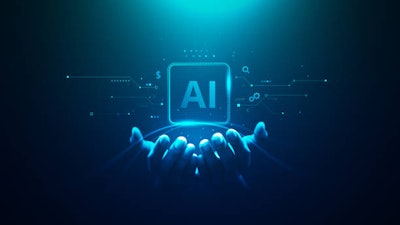As universities across the country sign lucrative contracts with artificial intelligence companies, faculty members are being left out of critical decisions that directly impact their work and student learning, according to a new report from the American Association of University Professors.

"The uncritical adoption of artificial intelligence (AI) poses a threat to academic professions through potential work intensification and job losses and through its implications for intellectual property, economic security, and the faculty working conditions that affect student learning conditions," the report states.
The findings reveal a troubling disconnect between administrative enthusiasm for AI and faculty concerns about its implementation. Seventy-one percent of respondents said decision-making and AI initiatives are overwhelmingly led by college or university administrations, with many describing administrators pushing AI integration into research, teaching, and policy with little meaningful input from faculty, staff, or students.
One survey respondent captured the frustration: "Admin doesn't seem to care about or value faculty input on this or any other topic" and hoped for "more faculty involvement in determining how AI and tech generally are used."
The timing of the report is significant, as major universities have announced high-profile partnerships with AI companies. Arizona State University made headlines with its collaboration with OpenAI, while the California State University system recently partnered with tech giants to advance what they call "equitable" AI training.
While 81 percent of survey respondents reported using some type of educational technology, and 45 percent found it at least somewhat helpful, their experience with AI specifically has been less positive. Only 15 percent said they are required to use AI tools, yet nearly 81 percent reported being mandated to use educational technology systems that include AI components, even when AI features are supposedly "turned off."














